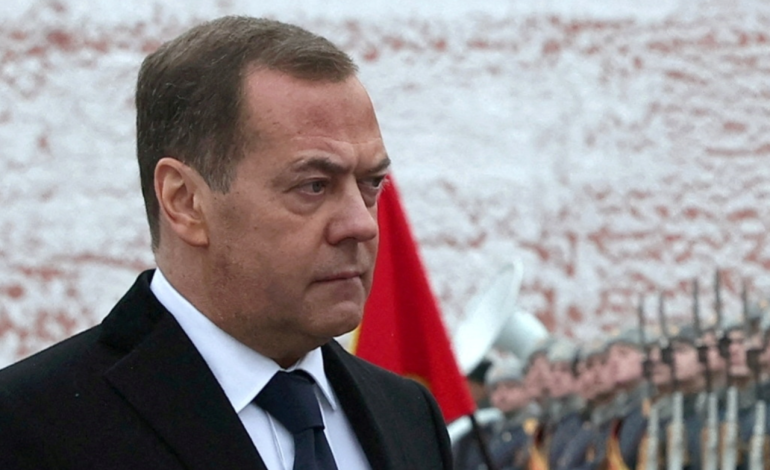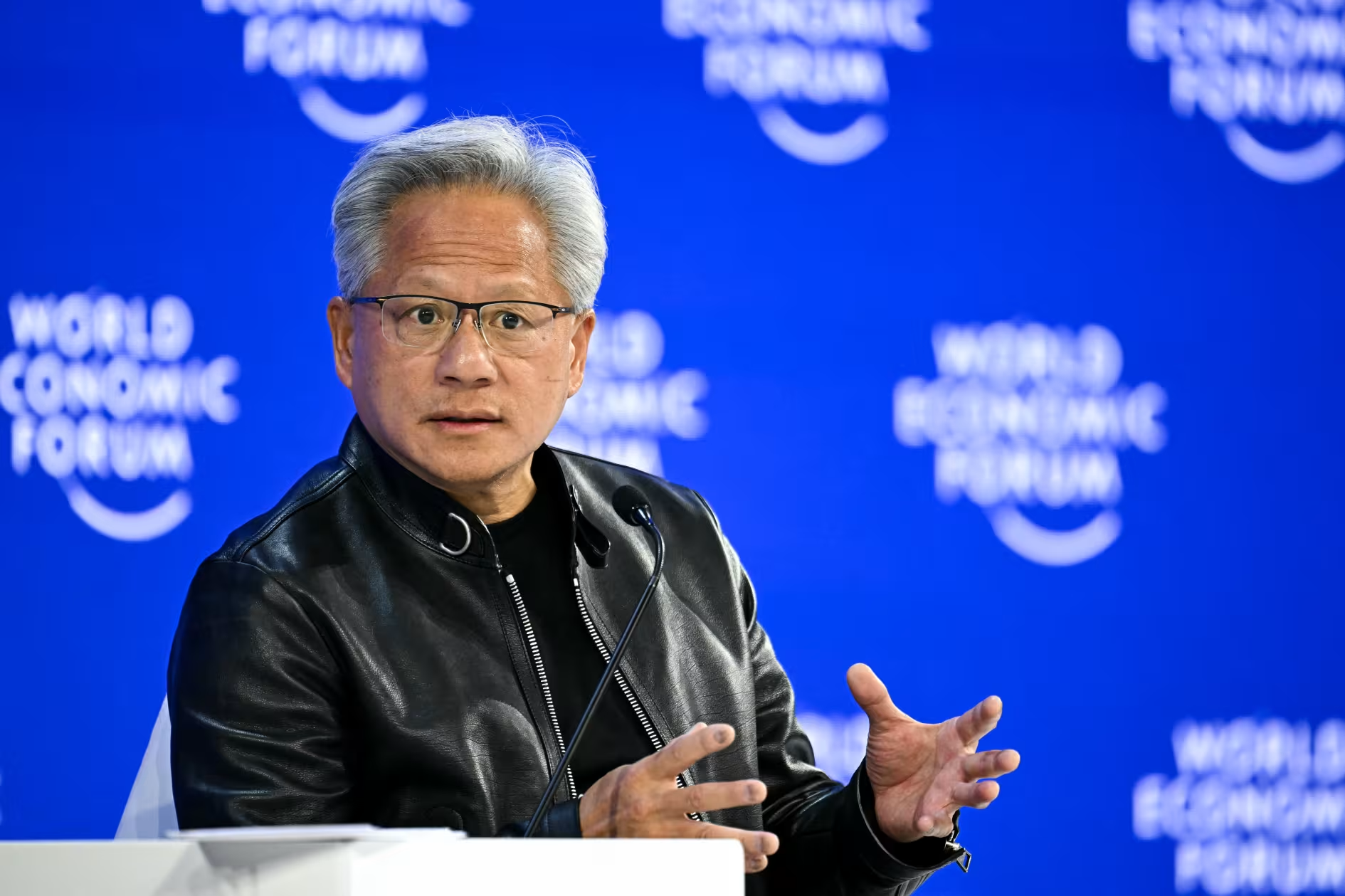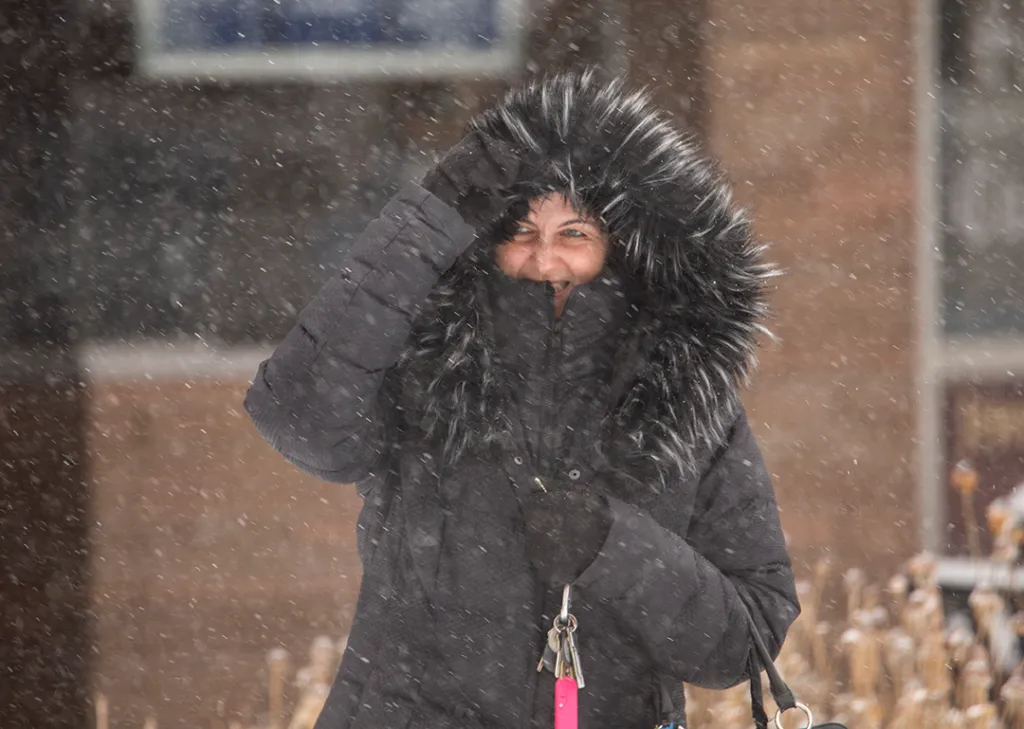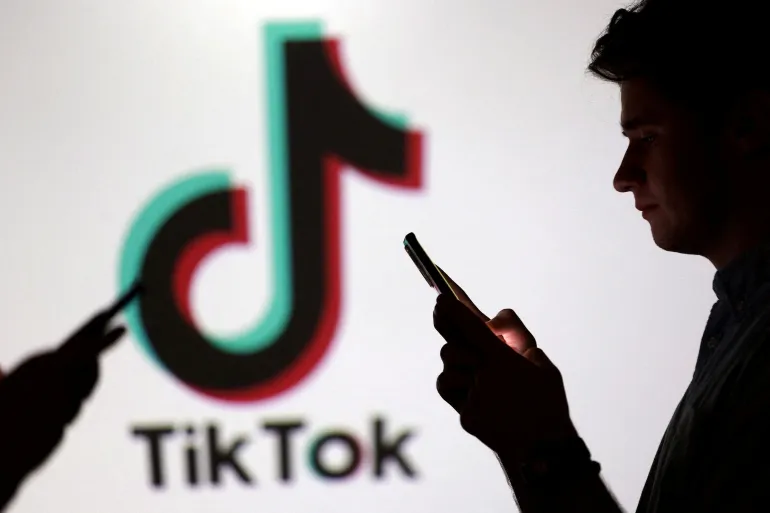Medvedev Warns of World War III Amid Escalating US-Russia Tensions Over Ukraine

As hostilities in Ukraine persist into their fourth year, tensions between the United States and Russia continue to mount, prompting increasingly charged rhetoric from leaders on both sides.
On Tuesday, former Russian President Dmitry Medvedev issued a stark warning about the potential for global conflict, stating on social media:
“I only know of one REALLY BAD thing — WWIII. I hope Trump understands this.”
Medvedev, who now serves as deputy chairman of Russia’s Security Council, made the comment in response to remarks from US President Donald Trump. Trump had taken to his Truth Social platform earlier the same day to criticize Russian President Vladimir Putin amid renewed Russian missile and drone strikes across Ukraine.
“He’s playing with fire,” Trump wrote, adding that “if it weren’t for me, lots of really bad things would have already happened to Russia.”
The exchange has sparked concern among diplomats and observers, with retired Lt. Gen. Keith Kellogg, Trump’s special envoy to Ukraine, calling Medvedev’s response “reckless” and warning that invoking the specter of World War III is inappropriate for a nation of Russia’s stature.
While the Kremlin later sought to temper the rhetoric, spokesperson Dmitry Peskov acknowledged the tensions but also praised Trump’s ongoing mediation efforts, saying, “Russia is grateful for the mediation efforts of President Trump personally,” while reaffirming Russia’s commitment to protecting its national interests.
President Trump has made repeated public declarations of his intent to broker peace between Ukraine and Russia, including a recent phone call with President Putin and a statement that both sides would soon begin negotiations toward a ceasefire. However, progress appears limited. Russian officials have said they are still working on a formal memorandum to outline their peace terms, which includes demands Ukraine has so far rejected — such as a ban on joining NATO and the acceptance of territorial losses.
Meanwhile, the conflict itself shows no signs of abating. Russia has intensified its military campaign, with Ukrainian officials reporting a record number of missile and drone attacks. Moscow has also reportedly massed 50,000 troops near Ukraine’s northeastern Sumy region, raising alarms about a possible new offensive. President Volodymyr Zelenskyy of Ukraine said Kyiv was preparing to defend against the buildup and would discuss the response with newly appointed German Chancellor Friedrich Merz.
Germany, for its part, recently lifted restrictions on the range of weapons it supplies to Ukraine, a move the Kremlin criticized as “extremely dangerous.” Russian officials, including Defense Minister Andrei Belousov, argue that NATO is using the conflict to expand its military footprint in Eastern Europe.
Putin has not directly mentioned World War III, but has referenced Russia’s nuclear capabilities multiple times since the war began in 2022. In May last year, he declared that Russia’s strategic forces were on constant alert and warned against attempts by the West to isolate or weaken the country.
Back in Washington, Trump faces growing political pressure over his approach to the war. While traditionally supported by anti-interventionist voices within the Republican Party, his recent criticisms of Putin — calling him “crazy” — and openness to new sanctions have caused confusion among his base.
Some lawmakers, like Senator Lindsey Graham, are pressing for tougher measures against Moscow, citing Russia’s hesitance in peace talks. Others, including Representative Marjorie Taylor Greene, continue to argue for US disengagement, placing blame on both sides of the conflict and warning against further American involvement.
Despite the mounting tension, both Russia and the United States have expressed interest in continuing dialogue, though the path to a ceasefire remains fraught with disagreement. With rhetoric escalating and military activity intensifying, international observers warn that the risk of miscalculation is rising — underscoring the importance of de-escalation and diplomatic engagement.









The latest news in your social feeds
Subscribe to our social media platforms to stay tuned